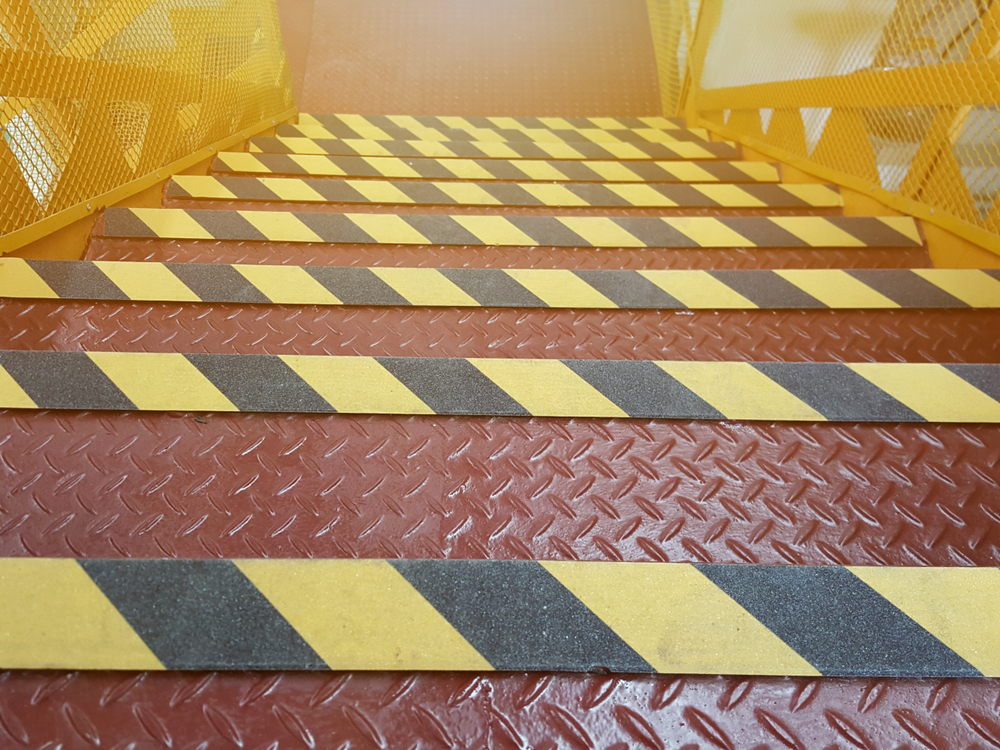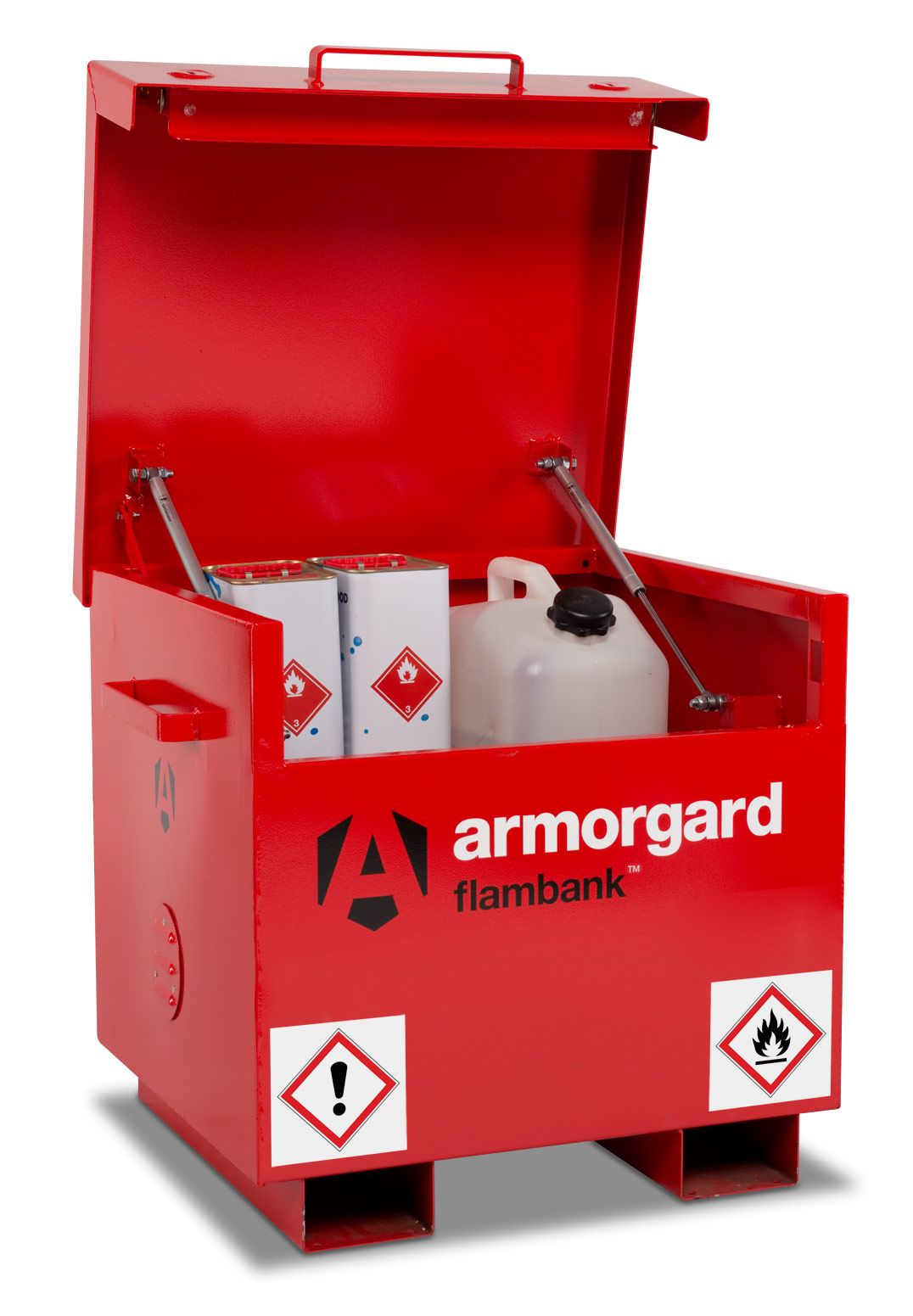COSHH Employee Responsibilities
The Control of Substances Hazardous to Health (COSHH) is the law that governs occupational health and safety with hazardous substances, but there can be confusion as to who is legally responsible for implementing and adhering to COSHH on a daily basis.
The liability for enforcing COSHH can also be less clear when employees work at other premises, or if an employee fails to follow control measures in place to protect them from the harm posed by hazardous substances, so it is vital that all those involved in an organisation understand their duties and responsibilities in order to remain COSHH compliant.
Below, the experts in workplace safety at SafetyBuyer detail the COSHH employee responsibilities, who is legally responsible for COSHH, and the main principles of COSHH.
Who is legally responsible for COSHH at work?
The employer is responsible for COSHH at the workplace. This means that they must ensure all relevant activities and equipment are compliant with the COSHH regulations.
COSHH is a legal requirement for employers to adhere to. There must be active safety procedures in place to ensure the safety of employees and reduce the risk of occupational ill health. The duty of care when working with a hazardous substance, therefore, falls on the employer.
When working with hazardous substances, workplace equipment must be COSHH compliant. Controlling hazardous substances requires storage that meets the manufacturer’s guidelines, limiting the risk of exposure to these substances and reducing the risk of an accident occurring. Implementing the correct storage facilities will follow a thorough COSHH assessment of the workplace’s storage capabilities.
There are a number of best practices for the safe storage of hazardous substances. For more information on the control of substances hazardous to health through adequate storage, visit our COSHH cabinets page.
As such, a failure to comply with these regulations leads to legal liability placed upon the employer.
The employer’s responsibility is to ensure that all employees understand and can comply with the regulations too. Should an employee not understand the risks involved with a hazardous substance and cause a workplace accident, it will likely be the fault of the employer.
In turn, employees have the responsibility to take onboard and comply with COSHH.
Do employees have a responsibility under COSHH?
The employer must provide adequate health and safety training to any employee undertaking a work activity. Say something here about the employee still having responsibility cos you’ve asked a Q and then started talking about the employer
Following training, any employee undertaking a work activity has the responsibility to comply with the COSHH guidelines that have been outlined and explained to them.
The aim is to ensure that the risk of workplace accidents is significantly reduced, so working to comply with COSHH is mutually beneficial. When working with substances hazardous to health, employing the proper procedures for their handling will be crucial to minimise the risk of potential new hazards.
If there are control measures in place for a workplace activity, the employee undertaking this activity must adhere to them.
In order to reduce the risk of a workplace injury, the correct control measures, risk assessments, procedures and information must be shared amongst all employees
What are the 8 principles of COSHH?
- Never use prohibited substances unless specifically necessary.
- Prior to working, evaluate the dangers that hazardous materials provide to both employees and others. It's called a COSHH Risk Assessment, and such risk assessments should be undertaken prior to any new working activity, or activity which involves hazardous substances.
- Consider the necessary safety measures, and wherever you can, minimise exposure. Apply the rules of good control practice to reduce exposure if prevention is not possible.
- Assure the application, upkeep, testing, and inspection of control measures.
- When using dangerous chemicals, keep an eye on potential exposure.
- Provide health monitoring to people who are in exposure to certain chemicals.
- Give anyone who will come into contact with dangerous chemicals training, information, education, and supervision.
- Make plans for handling hazardous substance-related mishaps, emergencies, and incidents.
What are 3 employer responsibilities in a safe workplace?
The first is to prevent risks to health. This is a broad responsibility, and there are a number of ways to action this; devising control measures, and implementing workplace exposure limits - all of which fall under the COSHH regulations.
The second is to ensure machinery and equipment are safe to use. When storing hazardous substances, for example, the storage facility must adhere to the safety guidelines provided by the manufacturer.
Third and finally, ensure safe working practices are implemented and followed. This begins with sharing suitable and sufficient information on health regulations and best practices to complete tasks safely. This can also include ensuring that personal protective equipment is used wherever it is needed.
Find out more about COSHH compliance
SafetyBuyer is a UK leader in providing COSHH-compliant equipment. Having helped countless workplaces and organisations from all industries become COSHH compliant, we have the range of equipment needed to help you protect your employees.
View the collection of COSHH storage for hazardous substances here.
 Over 12,000
Over 12,000  Simple no quibble
Simple no quibble  Prompt dispatch &
Prompt dispatch &  UK Mainland Delivery
UK Mainland Delivery 













